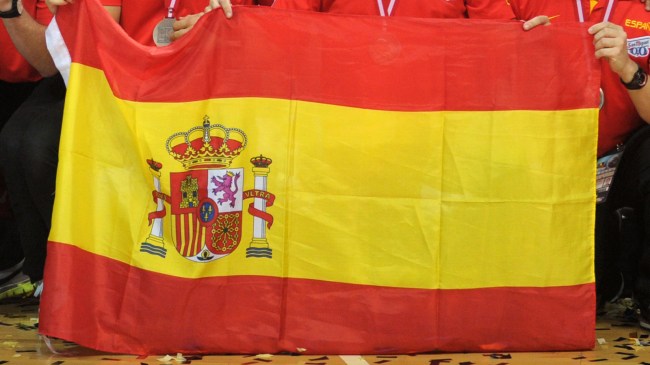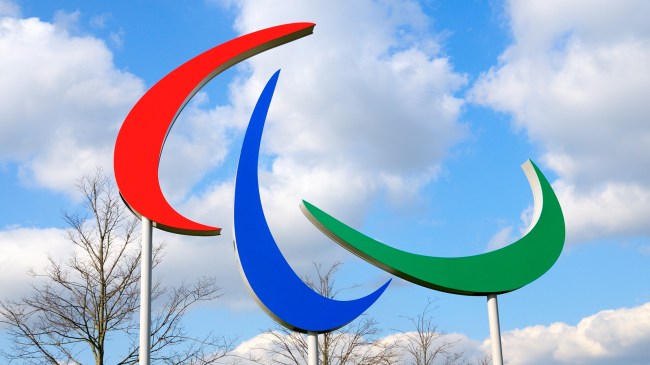
Getty Image
Athletes need to overcome a ton of adversity to win a gold medal at the Olympic Games, and when you consider the average person will never come close to doing that, the cards are obviously stacked against you if you have a disability.
With that said, the Paralympic Games have offered an alternative route for people in the second category—although a group of competitors from Spain skirted the rules in a truly wild way in order to secure a victory in 2000.
The gathering commonly referred to as the “Paralympics” can be traced back to the middle of the 20th century when a group of veterans who were injured in World War II organized an event in London in 1948.
In 1960, the first official Paralympic Games were hosted in Rome, and ever since then, they’ve been hosted the same year as the Olympics.
As things currently stand, the International Paralympic Committee has established ten unique sets of disabilities that allow athletes who share similar conditions to face off against each other. The bulk of those fall under the umbrella of “physical impairment” (including loss of limbs and muscle conditions), but there are also competitions reserved for visual impairment and intellectual disability.
In 2000, Spain sent a basketball team that supposedly fell in that last category to Sydney to compete in the Paralympics, and while they earned a gold medal, they didn’t get to keep it thanks to the revelations that came to light after they won.
Spain sent a group of basketball players without any disabilities to compete in the Paralympic Games

Getty Image
In order for an athlete to be considered” intellectually disabled” (ID) at the Paralympic Games in Sydney, they were required to obtain and submit documentation confirming their IQ was no higher than 75.
Those tests were supposed to be conducted by officials representing each country’s Paralympic Committee, but as you’ll soon see, that was not the case in Spain.
The gold medal game for the basketball ID division featured Spain facing off against Russia, and the former walked away with an 87-63 victory in the championship showdown. The winning squad featured 12 players—including Carlos Ribagorda, who turned out to be an undercover journalist for Capital magazine who’d infiltrated the team.
Less than a week after the Paralympics wrapped up, Ribagorda blew the lid off of the scheme that was orchestrated by the Spanish Federation of Sportspeople with Intellectual Disabilities. He had proof that they’d forged documents and conspired to send non-disabled athletes to the Games in the hopes winning medals would allow the organization to boost its fundraising efforts.
Ribagorda asserted the basketball team wasn’t alone, stating a total of 15 athletes with no mental disabilities had also competed in table tennis, swimming, and track and field events. A subsequent investigation determined that group included 10 of the 12 members of the basketball team, which forfeited the medals after being disqualified.
The revelations unfortunately had some wide-reaching applications for athletes who were genuinely disabled, as the Paralympics removed the ID category prior to the 2004 Games in Athens and didn’t officially revive it until it introduced a new test to determine intellectual ability until after the 2008 Games in Beijing.
There have been other scandals involving doping at the Paralympics, but this one is in a category of its own.